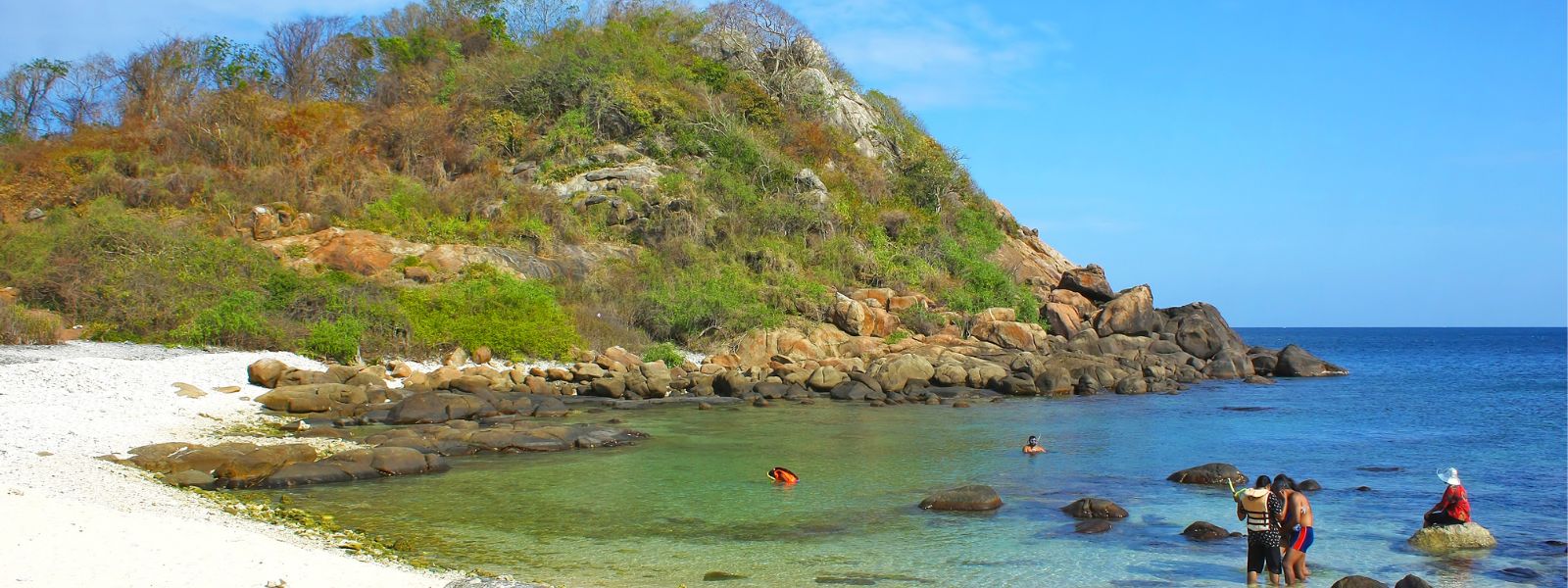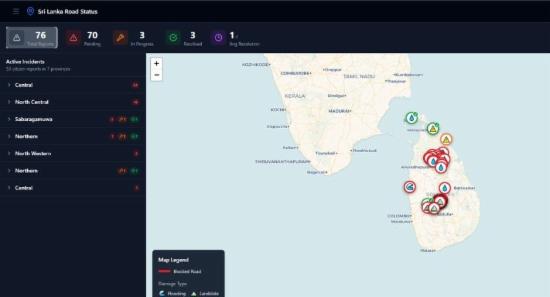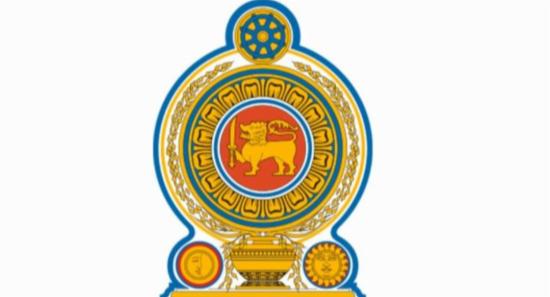.webp)

World Reef Awareness Day: Paradise Lost? Pigeon Island's Coral Reef Under Threat
COLOMBO (News 1st) - On World Reef Awareness Day, a day dedicated to highlighting the plight of coral reefs around the world, Sri Lanka faces a sobering reality. Nestled off the east coast near Nilaveli, Pigeon Island boasts a vibrant coral reef teeming with life.
This eastern jewel, known for its stunning coral reef and thriving marine life, faces a serious threat: invasive corallimorpharians.
Located 2.2 kilometers off the coast of Nilaveli, Pigeon Island has been a major tourist attraction, generating significant income for Sri Lanka, since its designation as a marine national park in 2003.
However, the main coral reef and snorkeling area, stretching 420 meters on the island's southern side, is under siege.
These invasive corallimorpharians, brown, fleshy creatures, smother and kill the delicate corals.
Experts point to the boat route used to ferry tourists to the island as a major culprit. The constant churn of boat engines mixes kerosene oil with the water, creating an environment ideal for the invasive corallimorpharians to thrive.
"Invasive species, animals, are growing on the coral," said Shantha Jayaweera, President of the Organization for Aquatic Resources Management. "The main reason for that is the boats which take the tourists. The boat route is situated right across the main reef, and the kerosene oil mixed with the water creates a home for these invasive species."
The Organization is calling for immediate action, proposing the relocation of the landing site for tourist boats.
"The best solution is to convert these fuel-powered boats to electric boats," suggests Jayaweera. "This would completely eliminate the problem of polluted water harming the reef. Until then, an alternative ferry route from the island's western end could be established. This would ensure the water current doesn't carry polluted water directly over the reef."
The impact is evident. The main water current flows from the island's east, carrying the polluted water westward directly over the main reef. This has caused a decline in fish species, particularly those that rely on Staghorn coral for shelter and breeding.
Pigeon Island's coral reef is a vital part of Sri Lanka's natural heritage and economic well-being.
By taking decisive action, we can ensure this underwater paradise continues to thrive for generations to come.
Other Articles
Featured News





.png )


-819606_550x300.jpg)







-819380_550x300.jpg)


-812087_550x300.jpg)
-810262_550x300.jpg)
















.gif)